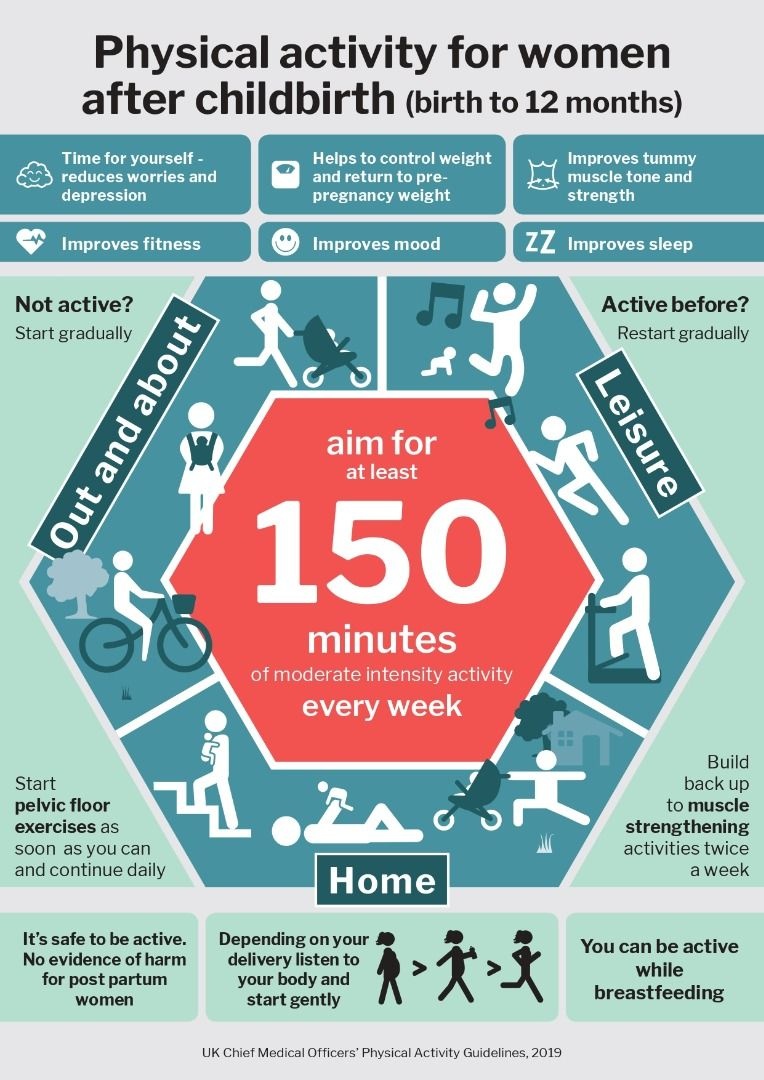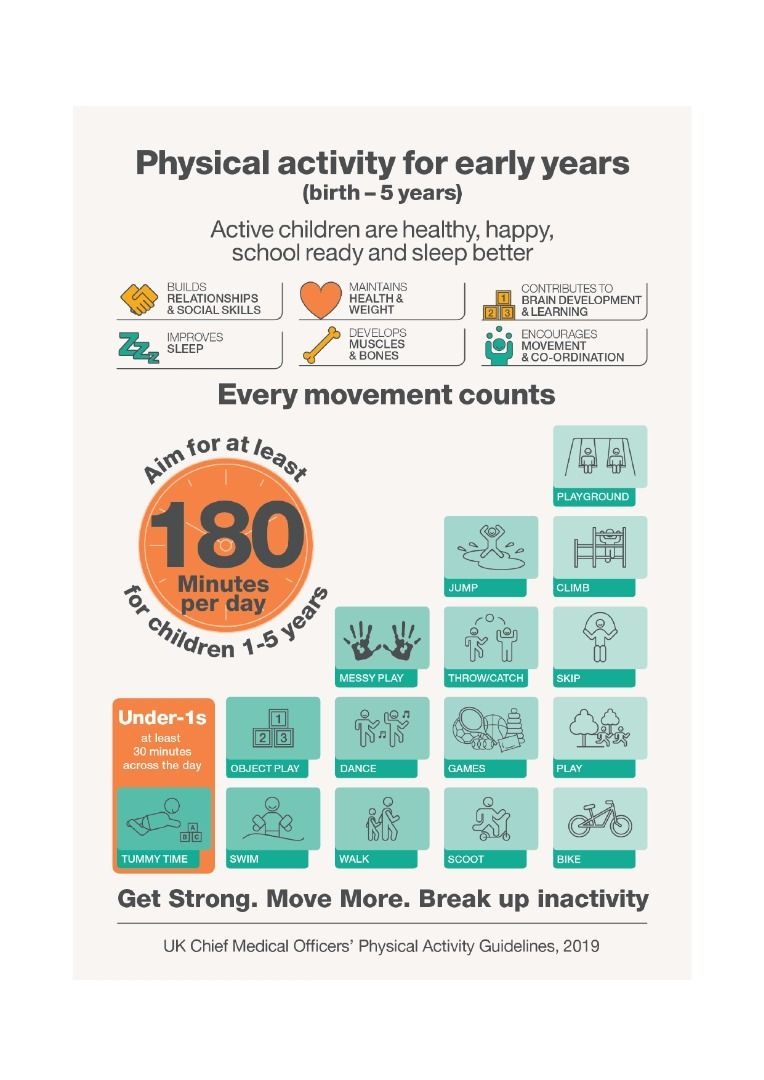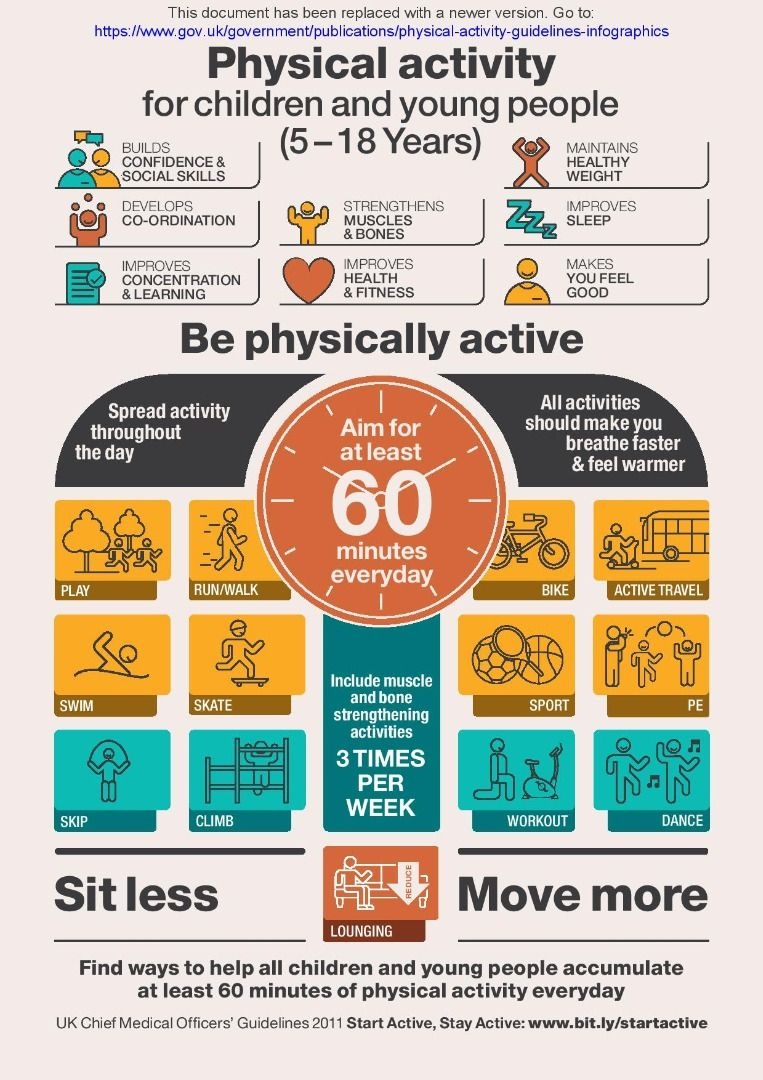As your child grows, starts nursery, preschool, school or is becoming more active they need a healthy, varied diet to get all the energy and nutrients they need. They are also learning about food and eating and this is the perfect time to help them build healthy eating informed choices. Sometimes children have additional needs that impact on their feeding this may be something like prematurity – being born early, a developmental need like autism or a health need like an allergy.
To find out about local infant feeding resources in your area please visit our Infant feeding resources page.
You can find lots of helpful information on feeding your child in these resources.
- Change 4 life food facts
- First Steps Nutrition - Eating well resources
- Top tips to keep your family healthy and happy leaflet
- Introducing solid foods to the premature baby
- Food allergies in babies and young children - Your pregnancy and baby guide
- Managing weight with a learning disability - Healthy weight
- Top tips for supporting and meeting the needs of people with Profound and Multiple Learning Disabilities (PMLD)
- National Autistic Society - Eating
Fussy eaters
Having a child who is selective about what they eat can be worrying for a parent but it's perfectly normal for a toddler to refuse to eat or even taste new foods. You can find out more about fussy eaters from this NHS resource. If you are worried that your child's selective eating may be more than just fussy eating please speak to your health visitor or GP.



